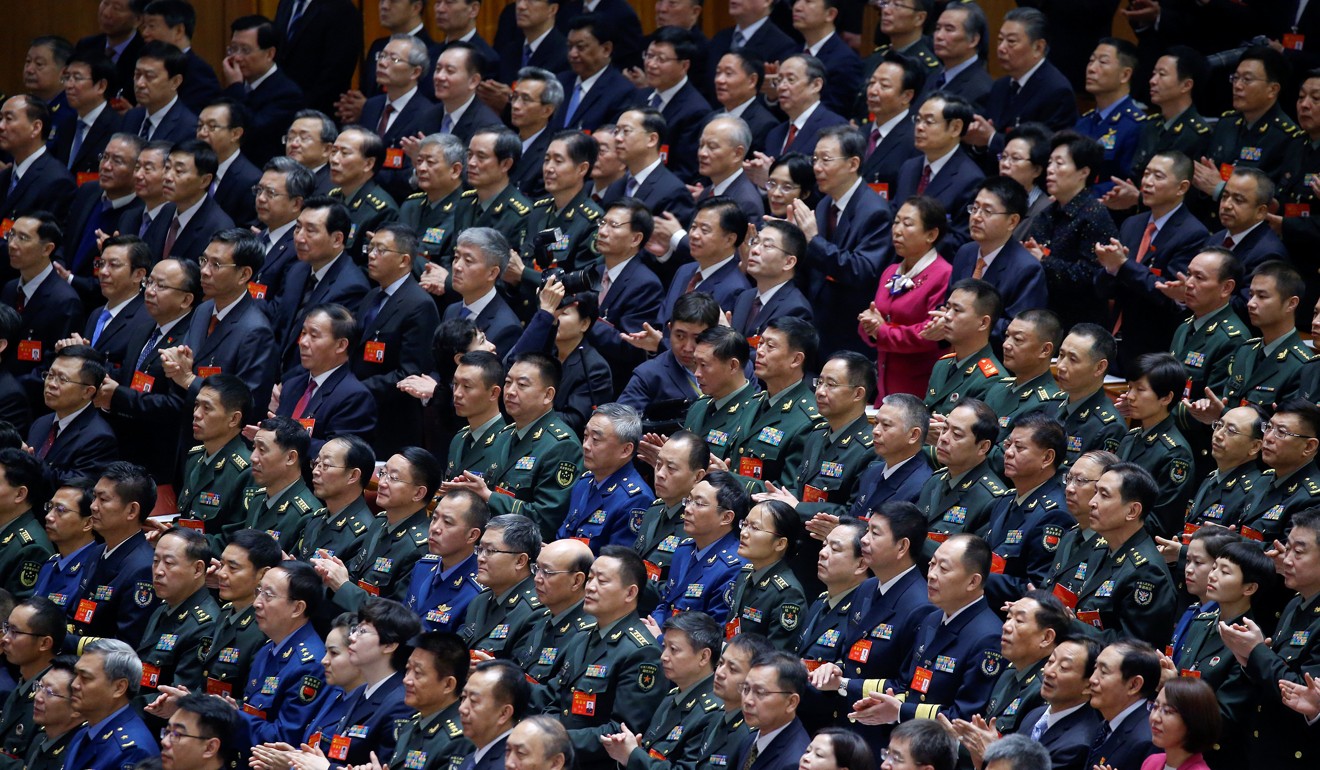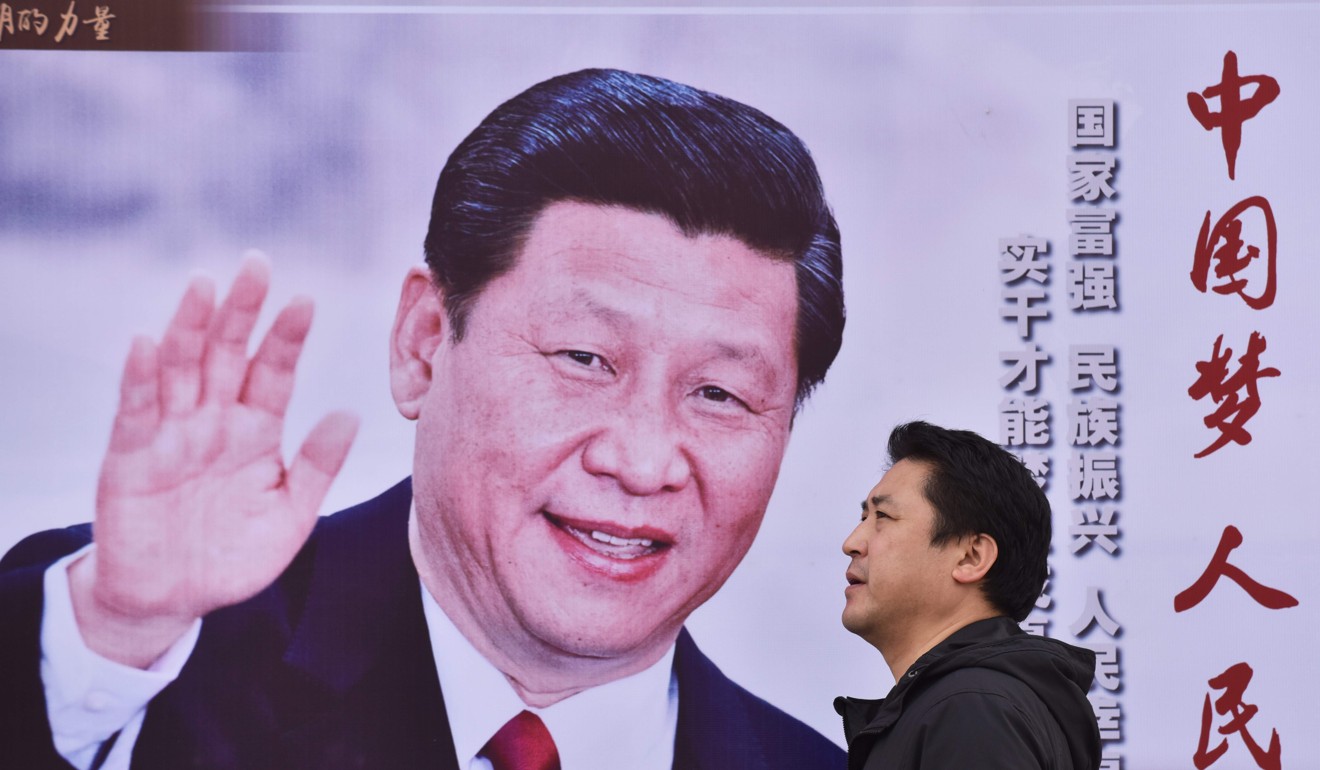
Does Xi Jinping’s talk of ‘organic’ relations signal the end of Hong Kong being treated like a child?
Alice Wu says while some of the politics and ideology of the party congress may be lost on Hongkongers, we should welcome the president’s conciliatory tone, opening the door to more mature relations
However, avoiding judgment is easier said than done. In Hong Kong, we have always watched these party congresses from a distance, as spectators. It’s not so much because of the dialect; they are filled with unfamiliar political and ideological lingo. We do not have a socialist system – something crucial to the “one country, two systems” principle that our way of life is based on.

Coup plotters foiled: Xi Jinping fended off threat to ‘save Communist Party’
Our high degree of autonomy comes with an inherent detachment, and even a dose of dissonance. “Socialism with Chinese characteristics for a new era” sounds foreign to our ears. Perhaps being on the sidelines of these congresses is the only practical way of steering the “one country, two systems” boat.

All you need to know about Xi Jinping’s remarks on Hong Kong in his report to the party congress
Unlike the territorial integrity issue, where Xi and his predecessors have always stood hawkishly firm, an “organic” relationship requires interaction and involvement. It hints at an evolving relationship, allowing for unpredictability and messiness. While Xi’s stand against separatist sentiment is unequivocal, he has articulated an important understanding and set a conciliatory tone, which may be encouraging news for Hong Kong.
What does ‘One country, two systems’ mean?
Xi launches new era with vision in which Hong Kong has part to play
This doesn’t guarantee that nothing will go wrong during this “organic” process. But, at the very least, it is a formal recognition, from the “core”, of our inherent systemic differences. It is a work in progress and something that both sides can affect. What we make of it is at least partly up to us. Xi has opened the door to a more sophisticated and mature relationship. We can remain pessimistic or see it as “grandpa” no longer treating us like children.

‘Thrilling’ report from ‘saviour of socialism’: cadres gather to heap praise on Xi Jinping
Xi’s “dream of national rejuvenation” is his the ultimate goal to take China out of its century of humiliation. These are sentiments that we may not feel, at least not as strongly. There remain concepts that we cannot comprehend, but we can understand that the country is set on a path that moves on from victimisation to finding its new place in the world.
Alice Wu is a political consultant and a former associate director of the Asia Pacific Media Network at UCLA

